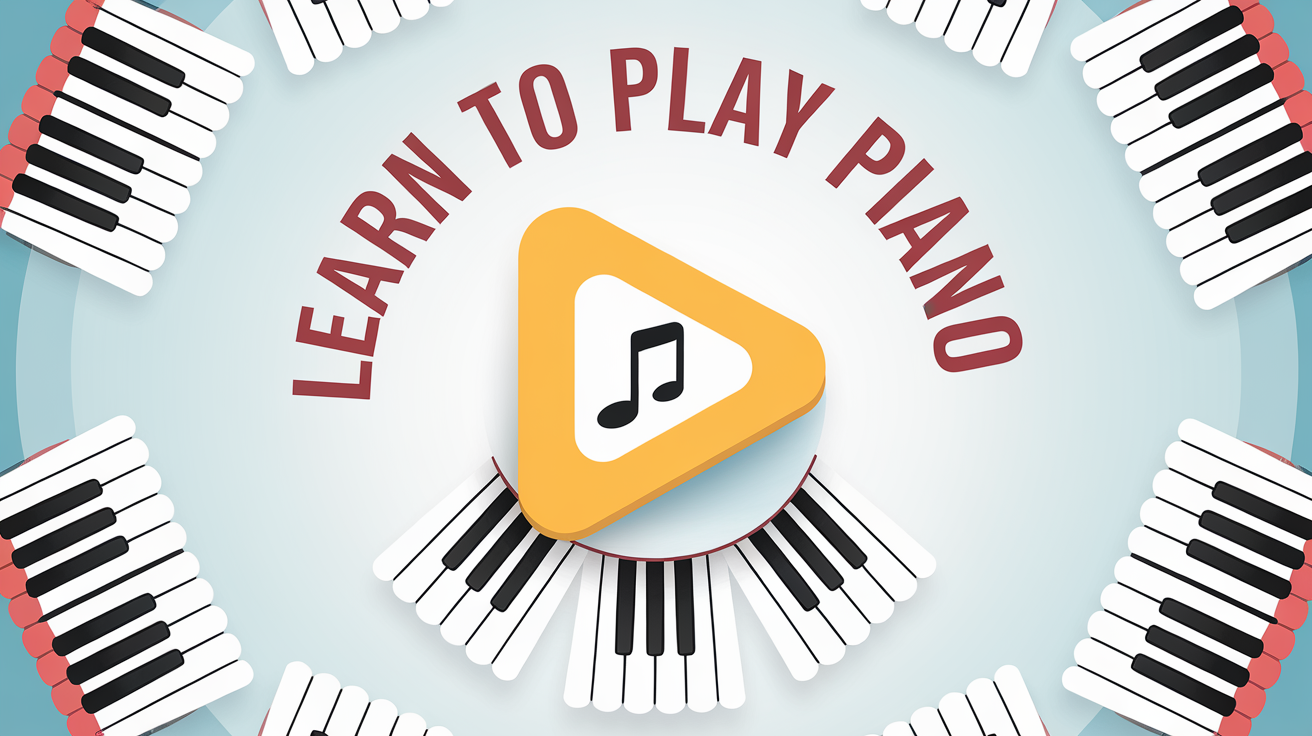[ad_1]

The Benefits of Learning Piano
1. Cognitive Development
Playing the piano engages both hemispheres of the brain, enhancing cognitive functions such as memory, problem-solving, and spatial-temporal skills. Studies have shown that musicians often have better memory and attention spans compared to non-musicians.
2. Emotional Expression
Music is a powerful medium for expressing emotions. The piano, with its wide range of dynamics and tones, allows players to convey a vast array of feelings. This emotional outlet can be therapeutic, helping to reduce stress and improve mental well-being.
3. Discipline and Patience
Learning an instrument requires dedication and practice. Regular practice sessions instill a sense of discipline and patience, skills that are transferable to other areas of life. The process of mastering a piece of music teaches perseverance and the value of hard work.
4. Social Opportunities
Playing the piano can open doors to social interactions, whether through joining a band, participating in recitals, or simply playing for friends and family. It can be a great way to connect with others who share a passion for music.
Tips for Beginners
1. Start with the Basics
Familiarize yourself with the layout of the keyboard, note names, and basic music theory. Understanding these fundamentals will make learning more complex pieces easier.
2. Set Realistic Goals
Set achievable goals to keep yourself motivated. Whether it’s learning a new scale, mastering a simple song, or improving your sight-reading skills, having clear objectives will help track your progress.
3. Practice Regularly
Consistency is key when learning an instrument. Aim for regular practice sessions, even if they’re short. It’s better to practice for 15-20 minutes daily than to cram in a long session once a week.
4. Use Online Resources
There are countless online resources available for piano learners, from video tutorials to interactive apps. These can supplement your learning and provide additional practice material.
5. Consider Taking Lessons
While self-teaching is possible, taking lessons from a qualified instructor can provide personalized guidance and feedback. A teacher can help correct bad habits early on and introduce you to new techniques.
Staying Motivated
1. Play Music You Love
Incorporate pieces you enjoy into your practice routine. Playing music you love will make practice sessions more enjoyable and keep you motivated.
2. Track Your Progress
Keep a journal or use an app to track your progress. Recording your achievements, no matter how small, can boost your confidence and encourage you to keep going.
3. Join a Community
Engage with other piano learners through online forums or local music groups. Sharing experiences and challenges with others can provide support and inspiration.
4. Celebrate Milestones
Celebrate your achievements, whether it’s performing in front of an audience for the first time or mastering a challenging piece. Recognizing your progress will reinforce your commitment to learning.
Resources and Tools for Piano Learners
2. Piano Learning Apps and Software
Conclusion
Learning to play the piano is a journey filled with challenges and triumphs. It offers numerous benefits, from cognitive development to emotional expression, and provides a lifelong source of joy and fulfillment. By setting realistic goals, practicing regularly, and staying motivated, you can make the most of your piano learning experience. Embrace the journey, and let the music guide you.
[ad_2]








